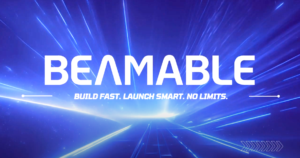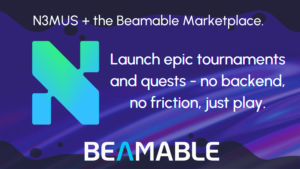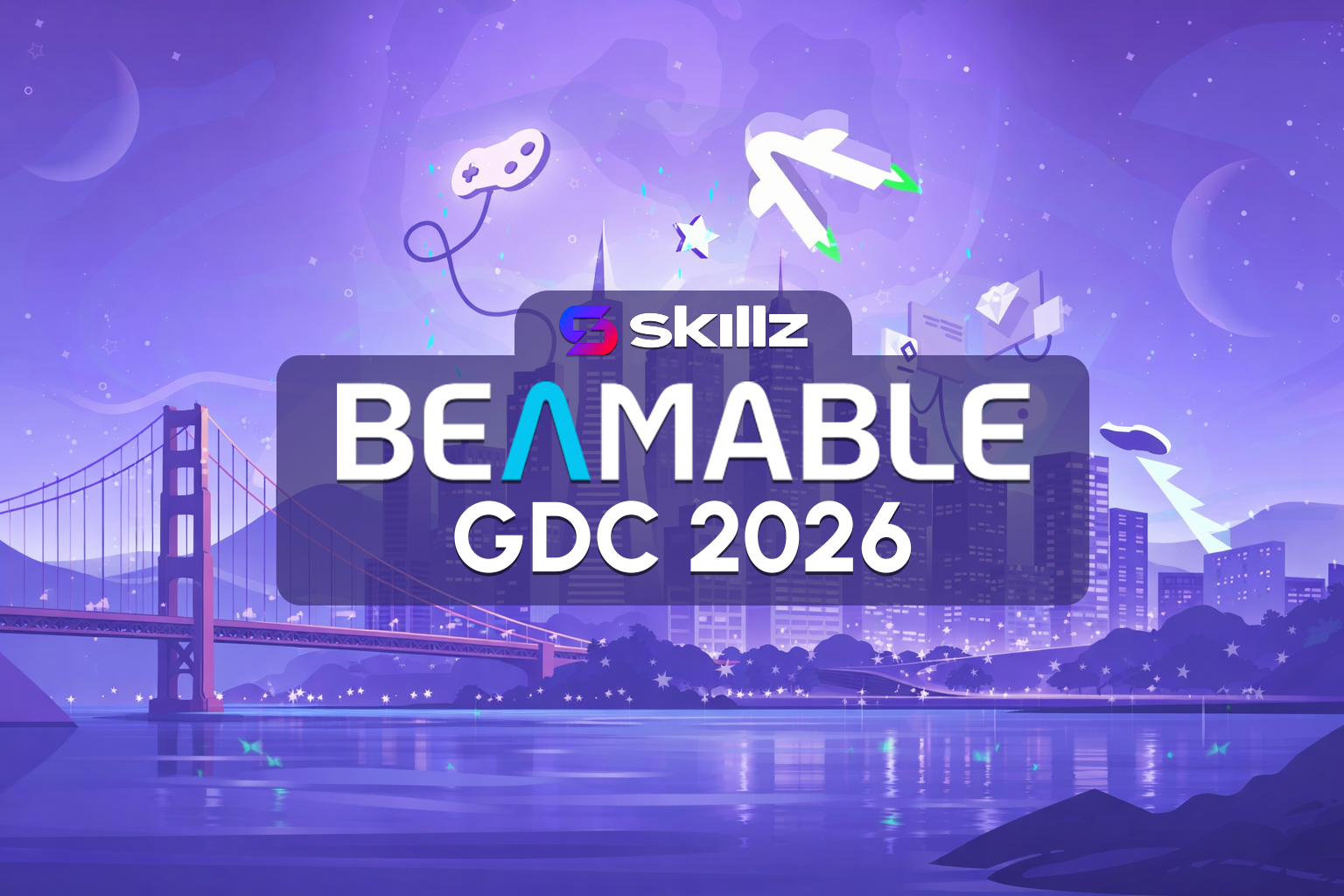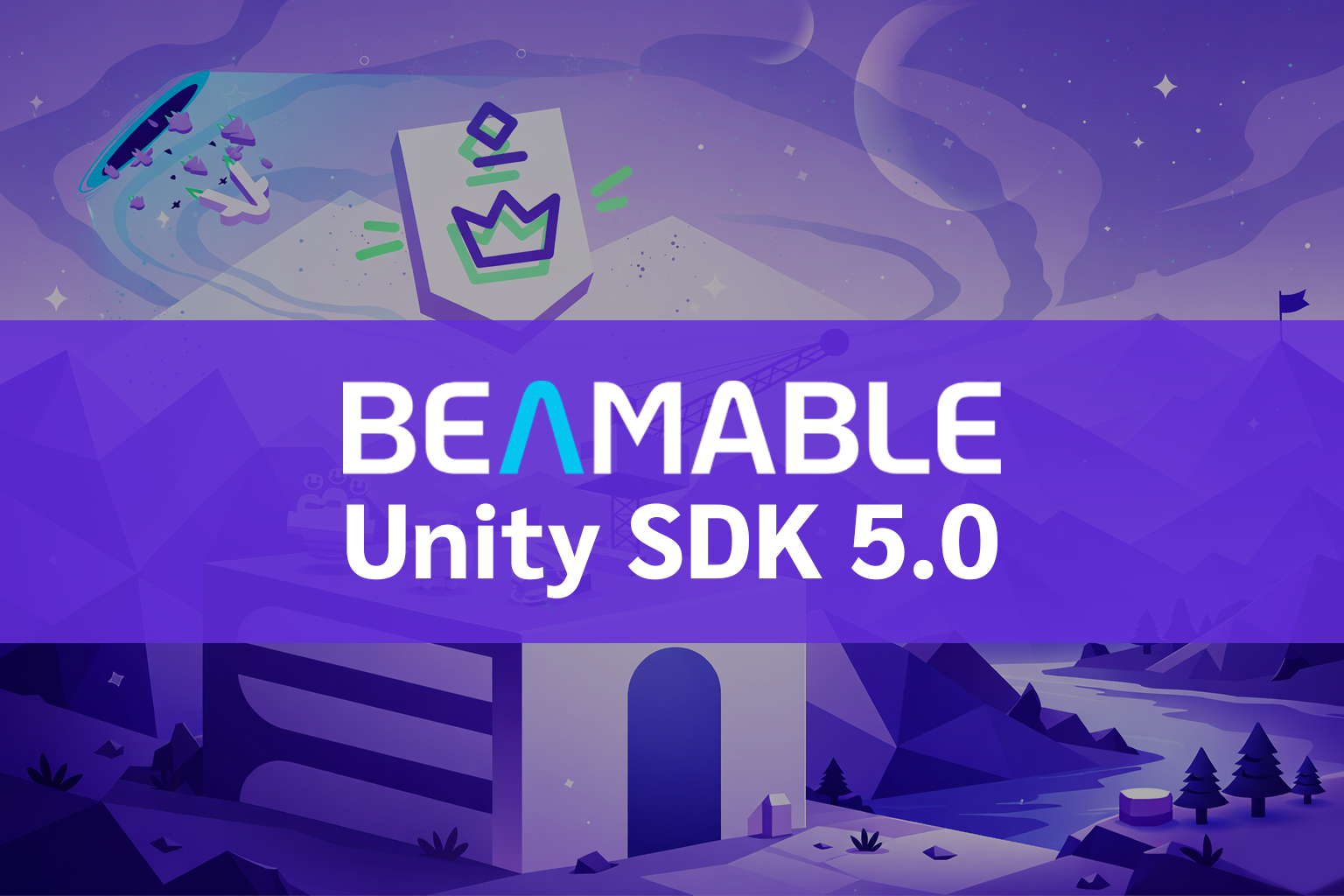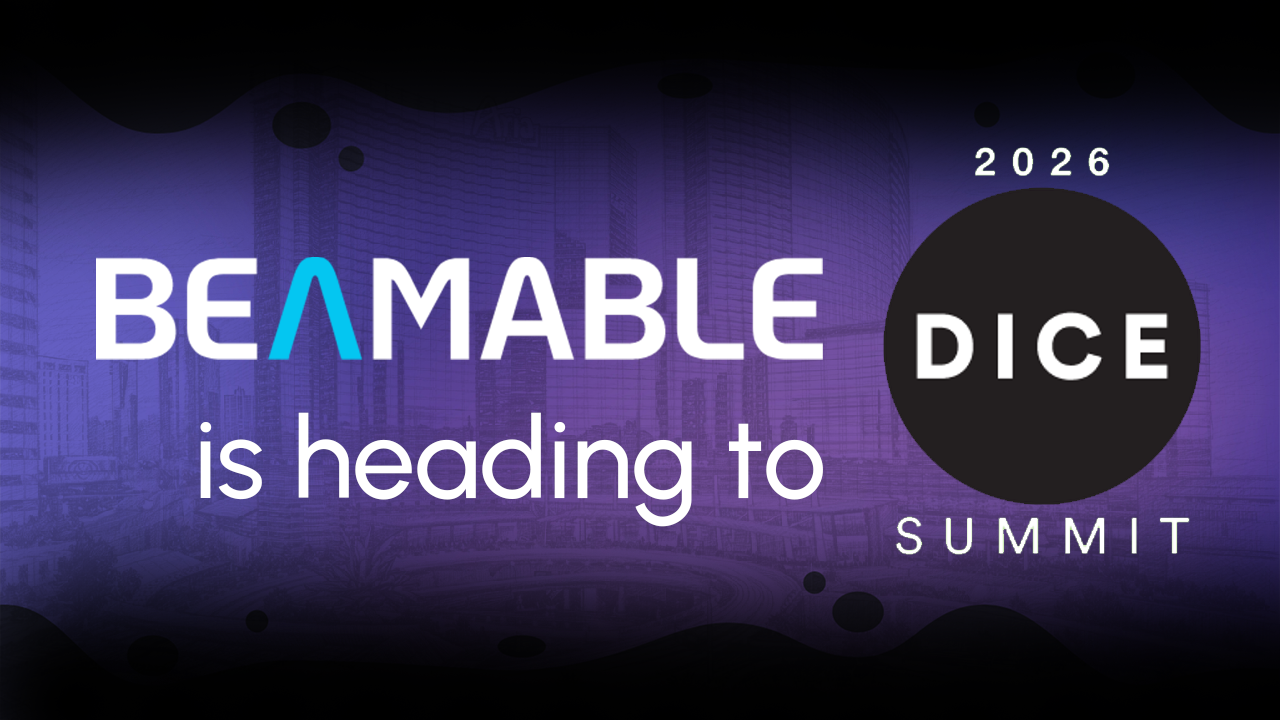Beamable at ETH Denver: Why Game Infrastructure Needs to Change
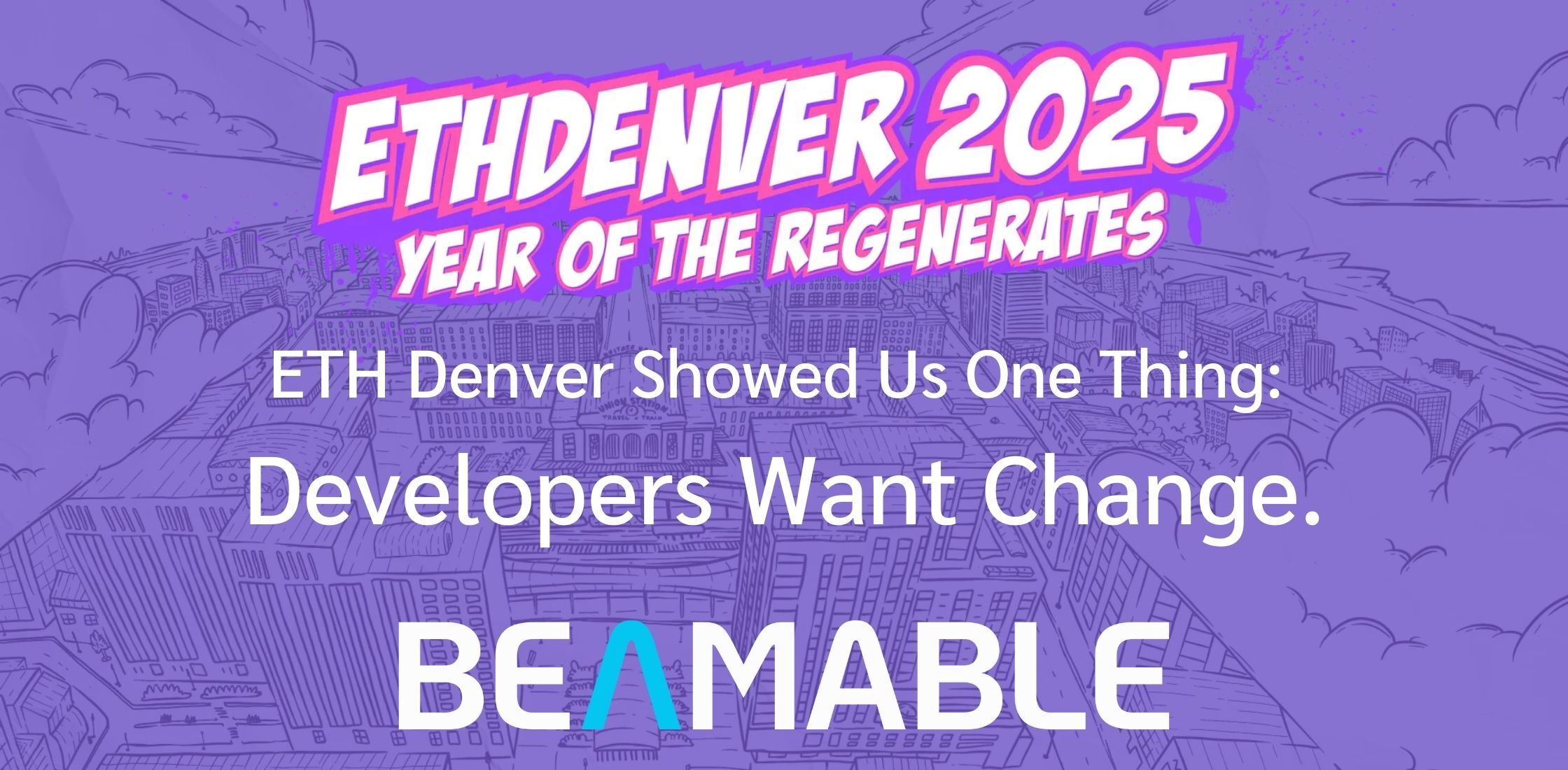
Beamable at ETH Denver: Why Game Infrastructure Needs to Change
Live service games aren’t just the future – they’re the present. And yet, the infrastructure supporting them still looks a lot like the past: expensive, fragmented, and increasingly vulnerable to the shifting priorities of centralized providers.
At ETH Denver 2025, we saw firsthand how much this conversation is accelerating. Developers aren’t just curious about decentralized infrastructure anymore – they’re demanding it. They want to move faster, reduce risk, and build on systems that won’t disappear when a corporate strategy shifts. That’s precisely why we built Beamable.Network – and why it’s now one of the Top 10 DePIN projects by revenue (source: depin.ninja).
“Developers at ETH Denver saw Beamable.Network as a compelling solution to the challenges of live game infrastructure. The idea of an open-source, community-owned network resonated because it gives them control, aligns with their needs, and removes the risks of centralized platforms changing their business models or shutting down services. Beamable is here to accelerate game development, making it easier and more cost-effective to build and scale live service games.”
Jon Radoff, CEO of Beamable
Why Decentralization Matters for Game Development
For years, developers have embraced open-source software because it gives them flexibility and control. But why stop at software? Game infrastructure must be open, community-owned, and independent of single points of failure.
The problem isn’t just that centralized providers can be expensive or inefficient—they introduce existential risks to studios that rely on them. We’ve seen this play out repeatedly:
- Amazon shut down GameSparks, affecting 2,000+ games
- Unity’s pricing model shift caught developers off guard
- Multiple gaming backend services have been acquired or discontinued, forcing costly migrations
This isn’t just inconvenient – it’s structural fragility baked into game development. When infrastructure is owned and controlled by the same companies that can shut it down, developers don’t actually own their tech stack.
That’s why the shift toward decentralized physical infrastructure (DePIN) is so compelling and why Beamable.Network is already one of the most successful DePIN projects in gaming infrastructure.
The Role of Beamable.Network in This Shift
ETH Denver made clear that decentralization isn’t just an ideological stance—it’s a practical solution to real problems. The developers we spoke with were excited about Beamable.Network not because it’s Web3 but because it solves challenges they face today, whether they’re building a traditional live game or a blockchain-powered one.
What changes when infrastructure is open and decentralized?
✅ Studios gain control – Instead of depending on a single provider’s roadmap, they build on a network designed to be permanent and adaptable.
✅ Risk is reduced – Compute power is distributed across multiple suppliers, preventing a single failure point from taking everything down.
✅ Costs go down – Studios bid for compute, creating a competitive, market-driven pricing model rather than being locked into static, corporate-controlled rates.
✅ Development accelerates – Instead of stitching together fragmented tools, developers get an interoperable, composable backend that just works.
And this isn’t just theoretical. Over 80 games already use Beamable, with another 60 in active development.
The shift from centralized infrastructure to open, community-driven networks is happening now because developers are realizing it’s not just a better philosophy but also a better business decision.
The DePIN Opportunity: Why This Isn’t Just About Gaming
ETH Denver wasn’t just about games. DePIN – the idea of decentralizing physical infrastructure – was a central theme across multiple industries. Cloud computing, storage, AI workloads, and beyond are all moving toward decentralized models.
In that context, Beamable.Network isn’t just about fixing game infrastructure. It’s part of a larger movement toward open, developer-aligned technology.
- Datacenters compete for capacity, rather than infrastructure being monopolized by a handful of corporations.
- Studios stake tokens to access reliable compute, creating a market-based alternative to rigid pricing models.
- Billions of API calls per month prove that decentralized infrastructure isn’t just viable – it’s already working at scale.
We’re watching a fundamental shift in how digital infrastructure is built and sustained. And gaming, as an industry that thrives on constant iteration, is positioned to lead the way.
Beamable’s Solution: Open Software, Open Network
For years, open-source software has empowered developers by giving them control, flexibility, and the ability to build on shared innovation. Beamable extends that same philosophy to infrastructure, creating a community-owned network where game developers aren’t locked into a single provider’s business model or roadmap.
Instead of relying on closed, centralized platforms, Beamable.Network offers an open, decentralized alternative – where game studios can tap into scalable compute power, reduce costs, and future-proof their games against sudden shutdowns or policy changes.
Why Beamable?
✅ Lowers Costs – Games bid on compute from a network of suppliers, cutting costs by 50%+
✅ Eliminates Risky Dependencies – Multiple compute suppliers prevent reliance on a single provider
✅ Accelerates Development – Composable software allows teams to launch faster
Just as open-source software revolutionized development, open infrastructure is the next step – giving game studios more control over their tech stack while benefiting from a scalable, decentralized backend that evolves with the industry.
Built by Game Developers, for Game Developers
The Beamable team has deep experience in live service games, having built and shipped titles played by over 20 million players worldwide. Games such as Star Trek Timelines and Game of Thrones Ascent are just some of the projects the team has led – giving Beamable the expertise to create infrastructure that truly meets game developers’ needs.
Final Thoughts from ETH Denver
If ETH Denver showed us anything, game developers aren’t waiting around for better solutions – they’re looking for alternatives that give them more control, reduce risk, and let them build faster.
That’s precisely what we’re building with Beamable.Network – a Top 10 DePIN project that’s proving decentralized game infrastructure isn’t just the future, it’s already here.
🔗 Learn more: Beamable.network
